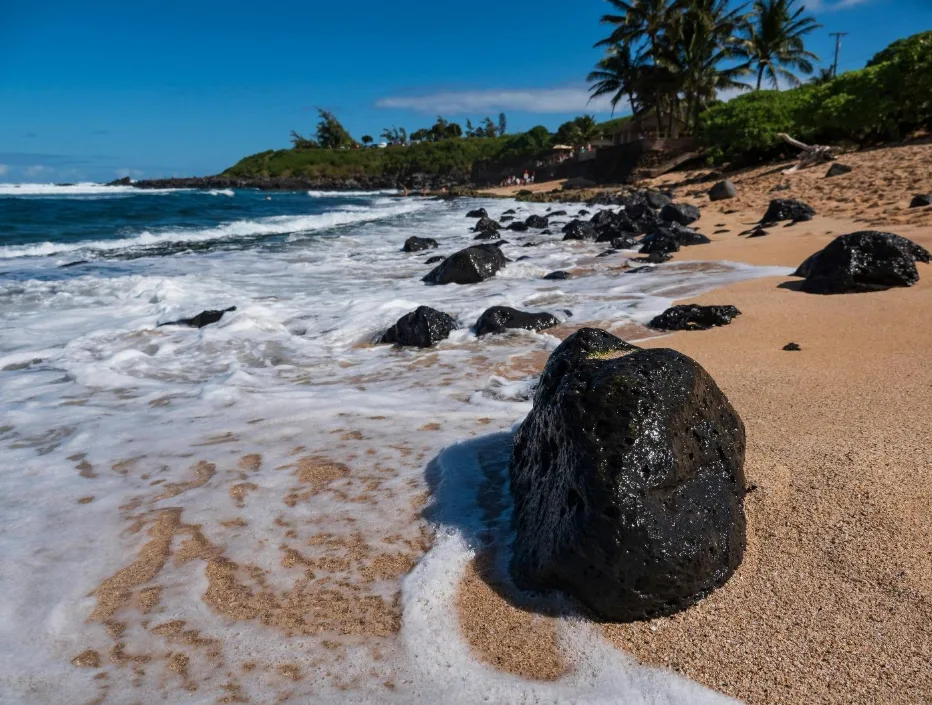Owning a vacation rental is a dream for many property investors. The idea of earning income from a property while also having a personal getaway sounds appealing. From beach houses to mountain cabins, vacation rentals can be both enjoyable and profitable. But to be successful, you need to look beyond the excitement of hosting travelers. Managing a short-term rental involves legal, financial, and operational responsibilities that are different from owning a long-term rental.
If you’re considering buying a vacation rental in a place like Maui, you’ve probably already imagined the possibilities. With its natural beauty and year-round demand from tourists, Maui seems like a perfect spot to invest. But before you move forward, it’s important to understand that owning a short-term rental there comes with strict regulations. The local government has made significant changes to protect housing for residents, and these rules impact what’s allowed and what isn’t. Many properties that once qualified for short-term rental use no longer do, and failing to follow the rules can lead to hefty fines or even losing your ability to rent the property out.
Let’s start by breaking down why understanding the local laws should be your priority when considering a vacation rental.
Know the Rules: Why Local Laws Matter
Every destination has its own set of short-term rental rules, and Maui is no exception. In fact, Maui’s regulations are among the strictest in the country, reflecting efforts to balance tourism with the housing needs of residents. That’s why investors often take time to research Maui short term rental laws before making a purchase. These laws outline where vacation rentals are permitted, what kinds of permits are required, and what restrictions apply to different types of properties.
Recent changes in Maui have made it even more important for property owners to stay informed. The phasing out of the Minatoya List, for example, has removed exemptions that previously allowed certain condo owners to operate short-term rentals without permits. This shift means that many properties now need to comply with stricter requirements or risk penalties. If you’re thinking about investing in a vacation rental in Maui or anywhere else, you’ll want to look closely at local ordinances, zoning maps, and permit processes. Speaking with a local real estate expert or legal advisor can also help you navigate these rules and avoid unpleasant surprises.
By respecting local laws, you’re not just protecting your investment. You’re contributing to a more positive relationship with the community. A well-managed vacation rental that follows the rules can be an asset, while one that ignores them can create tension with neighbors and local authorities.
Financial Planning for Vacation Rentals
Vacation rentals can generate impressive income, but they also come with unique expenses. Before you leap, it’s important to create a realistic financial plan. Start by considering the upfront costs of buying and furnishing the property. Guests expect vacation rentals to feel like home or better, so high-quality furniture, linens, and kitchen supplies are often necessary.
Then, think about ongoing expenses. You’ll need to budget for regular cleaning between guests, maintenance, and repairs. Marketing your property, whether through booking platforms or your website, comes with its costs. Insurance for vacation rentals is often more expensive than for long-term rentals, and you may need additional coverage for things like liability or natural disasters, especially in places like Maui.
Don’t forget about local taxes. Many areas require vacation rental owners to collect and pay lodging or occupancy taxes. In Maui, for instance, you’ll need to stay on top of the transient accommodations tax and any county-level taxes that apply. It’s a good idea to work with a tax professional who understands the requirements in your area. Setting aside a portion of your rental income for taxes, repairs, and slow seasons can help you manage cash flow and avoid financial stress.
Managing the Guest Experience
A vacation rental’s success depends largely on guest satisfaction. Happy guests leave good reviews, and good reviews bring more bookings. To achieve this, focus on creating a smooth, enjoyable experience from start to finish. Respond quickly to inquiries and provide clear information about check-in, house rules, and local attractions. A well-prepared welcome guide can go a long way in helping guests feel at home.
Cleanliness is non-negotiable. Whether you handle cleaning yourself or hire professionals, make sure the property is spotless before each guest arrives. Reliable maintenance is also key—no one wants to deal with broken appliances or plumbing issues during their vacation. If you’re not local, consider hiring a property management company that specializes in vacation rentals. They can handle everything from guest communication to emergencies, freeing you to focus on other priorities.
Marketing Your Vacation Rental
Good marketing helps your property stand out in a crowded market. Start with high-quality photos that showcase your property’s best features. Include shots of every room, the exterior, and any special amenities like a pool or view. Write a clear, honest description that highlights what makes your property unique. It helps set the right expectations and attract the right guests.
Pricing is another key factor. Research similar properties in your area to set competitive rates. Be prepared to adjust pricing seasonally or offer discounts during slower periods to keep bookings steady. Online reviews are powerful, so encourage satisfied guests to leave feedback. Respond graciously to both positive and negative reviews. It shows future guests that you care about their experience.
Social media can also be a valuable tool for promoting your property. Share updates, photos, and special offers to engage with potential guests. Building a presence on platforms like Instagram or Facebook can help create a loyal following over time.
Owning a vacation rental can be rewarding, but it’s not as simple as buying a property and listing it online. Successful ownership starts with doing your homework, especially when it comes to understanding local laws. Taking the time to learn about the regulations in your chosen area will help protect your investment and ensure that you’re operating responsibly.
From there, careful financial planning, thoughtful guest management, and effective marketing all play a role in creating a rental that guests love and that generates strong returns. While there’s work involved, the payoff can be well worth it. With the right approach, your vacation rental can become a source of income, pride, and even personal enjoyment for years to come.

